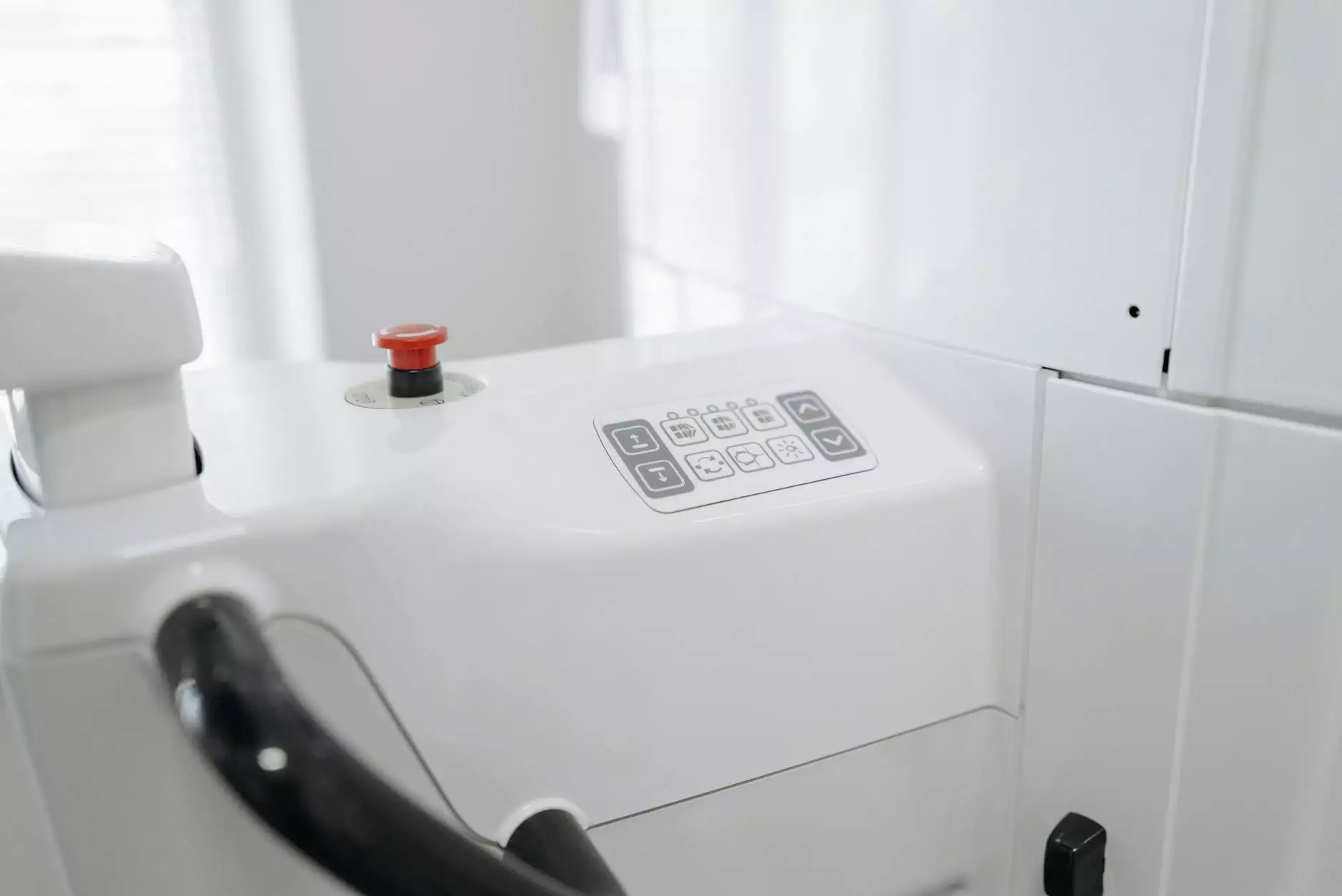What to Look for in a Commercial Lease

When it comes to running a successful business, one of the pivotal decisions is determining the right location to set up shop. Finding the perfect commercial space is crucial, but equally important is understanding the terms of the commercial lease. This article aims to provide a thorough overview of what to look for in a commercial lease so that business owners can make informed decisions, safeguarding their interests in the process.
Understanding Commercial Leases
A commercial lease is a legally binding agreement that outlines the terms under which a business can occupy a space owned by another party. These leases can vary widely in terms, which means that it’s essential to read and negotiate them carefully. Understanding the key components of a commercial lease helps you avoid potential pitfalls.
Key Components of a Commercial Lease
Here are the primary elements you should focus on when assessing a commercial lease:
- Lease Duration
- Rental Rates
- Rent Increases
- Security Deposit
- Property Use
- Maintenance Obligations
- Exclusivity Clause
- Termination Options
- Improvements and Modifications
- Subleasing and Assignment
1. Lease Duration
The duration of the lease can range from one year to several years, depending on your business needs and goals. A longer lease can provide stability, while a shorter lease offers flexibility. Consider your company's growth projections: if you foresee expansion, a longer lease might be better, but if you’re testing a market, a shorter lease may be ideal.
2. Rental Rates
Understanding the cost of rent is foundational to any commercial lease agreement. Rent is typically quoted on a per square foot basis, but there could be variations based on the type of commercial property, location, and market demand. Additionally, some leases may include utilities, maintenance, or property taxes, while others may not, leading to unforeseen expenses.
3. Rent Increases
It is critical to assess the terms of rent increases. Most commercial leases will specify how often the rent can increase and by what percentage. You’ll want to ensure that any increases are manageable within your business’s financial model. Look for terms that are tied to the Consumer Price Index (CPI), or clearly defined caps on annual increases to avoid unpleasant surprises.
4. Security Deposit
Every commercial lease typically demands a security deposit to cover any potential damages. It's essential to understand the amount required, the terms surrounding its return, and any conditions that may lead to its forfeiture. Familiarize yourself with local laws; some regions impose limits on how much can be charged as a security deposit.
5. Property Use
Clearly outline permitted uses for the property in your lease. Depending on your business, you may require specific zoning permissions to operate your desired activities, including retail, office work, or manufacturing. Ensure that the lease permits your intended use and doesn’t impose restrictive clauses that could hinder your operations in the future.
6. Maintenance Obligations
Another pivotal aspect of what to look for in a commercial lease is understanding your responsibilities regarding maintenance. Some leases may require tenants to handle all repairs and upkeep, while others may transfer those responsibilities to landlords. Clearly delineate who manages repairs of key elements such as HVAC systems, plumbing, and structural components.
7. Exclusivity Clause
If your business relies heavily on foot traffic, a well-negotiated exclusivity clause can prevent the landlord from renting to competing businesses within the same complex or area. Having this clause can significantly impact your sales and customer base, so it is worth exploring fully during negotiations.
8. Termination Options
Be mindful of the termination options included in your lease. Conditions under which either party can terminate the lease should be explicitly stated. Having an exit strategy is essential should your business needs change or if the lease becomes increasingly untenable.
9. Improvements and Modifications
In many cases, you may want to make alterations to suit your business needs, such as renovations or modifications. Establish who has the right to make improvements and under what circumstances they can be made. Always inspect how any changes you make could affect your lease and whether you’ll need to return the space to its original condition at the end of the lease period.
10. Subleasing and Assignment
Should your business outgrow its space, the ability to sublease or assign the lease to another party can be critical. Outline the conditions under which subleasing is permitted or restricted. Having this stipulation can provide you with flexibility and an exit strategy should your business situation evolve unexpectedly.
Negotiating Your Commercial Lease
Negotiation is an integral part of securing favorable terms. Here are some tips to help you negotiate better lease terms:
- Engage a Professional: Consider hiring a commercial real estate broker or attorney with expertise in leases.
- Do Your Research: Understand local market rates and demand to leverage your negotiations effectively.
- Be Prepared to Compromise: Know your priorities and be open to finding a middle ground.
- Document Everything: Ensure that all negotiations and amendments are clearly documented to prevent misunderstandings.
Conclusion
Finding the right commercial lease agreement can significantly impact your business’s success and stability. By knowing what to look for in a commercial lease, you empower yourself to secure a deal that supports your goals and protects your interests. As you navigate through the lease process, remember the importance of comprehensive understanding and thorough negotiation, ensuring that your lease is tailored to your business's needs. The commercial lease is more than just a contract; it's a foundational element of your business's future.
For further assistance with your commercial leasing needs, don't hesitate to connect with experts at Antham Group. We specialize in providing comprehensive contracting services to meet your business's demands.









